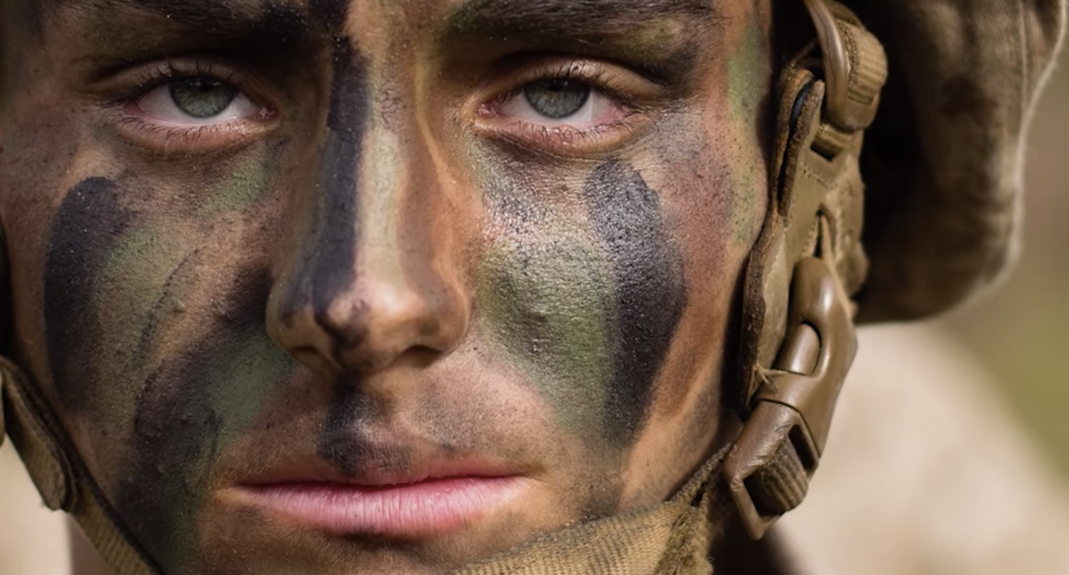Maria Daume was born in a Russian prison.
After giving birth, her mother raised she and her brother Nikolai behind bars, for two years. When she died when Maria turned two, they were sent off to Moscow, where they spent another couple of years in an orphanage. When Maria turned four, they were both adopted by a family in the United States — and joined them for good in Long Island, New York.
Today Ms. Daume, 18, is on the brink of making American history. She, along with two other women (whose names remain unknown) recently graduated from boot camp at Parris Island in South Carolina after enduring the 54-hour rite of passage — the Crucible — and more, earning their respective eagle, globe and anchor pin as a result.
After some time at the School of Infantry (at the end of this month), Daume will have a chance at becoming the first-ever female Marine to serve in combat, as infantry.
It’s something altogether extraordinary and unprecedented, but it’s also something that doesn’t come as a surprise when you examine Daume’s tumultuous past, and all she’s overcome in her young life. The destitution. The poverty. The loss. The abandonment. Even heartless mockery, which she encountered when she first landed in America.
“Other kids would bully me consistently from when I was four to my senior year of high school,” Maria told the Marine Corps Times. “It would be for being Russian or being adopted. They would say things about my mom and why she was in prison even if no one knew why. Bullying was a big thing.”
She persevered through trying childhood times, and when she was 12, discovered a path and community that would stay with her — one it seemed, she was destined to join.
While at an event aimed at raising money for cancer patients, Daume couldn’t help but notice one of the attendees: a group of Marines performing feats of strength like pushups and pull-ups.
“My sister did it and and she fell in love with it,” her brother Nikolai told reporters with Central European News.
Fast forward a few years later, to her phone ringing.
“I was driving when [my recruiter] called me,” she remembers. “He said, ‘Are you sure you want this?’ I said confidently, ‘Yes.’ He then congratulated me and told me I got [the infantry contract]. I was so excited I had to stop the car and call my best friend and tell her.”
“I want to fight ISIS,” she said recently. “Even though everybody in the military fights, I want to be a grunt. I think everything about it is for me, and I want to prove that females can do it.”
“It doesn’t matter if you are a male, female, whatever you want — that doesn’t mean that you can’t fight. To be able to fight for this great country is an honor.”




































